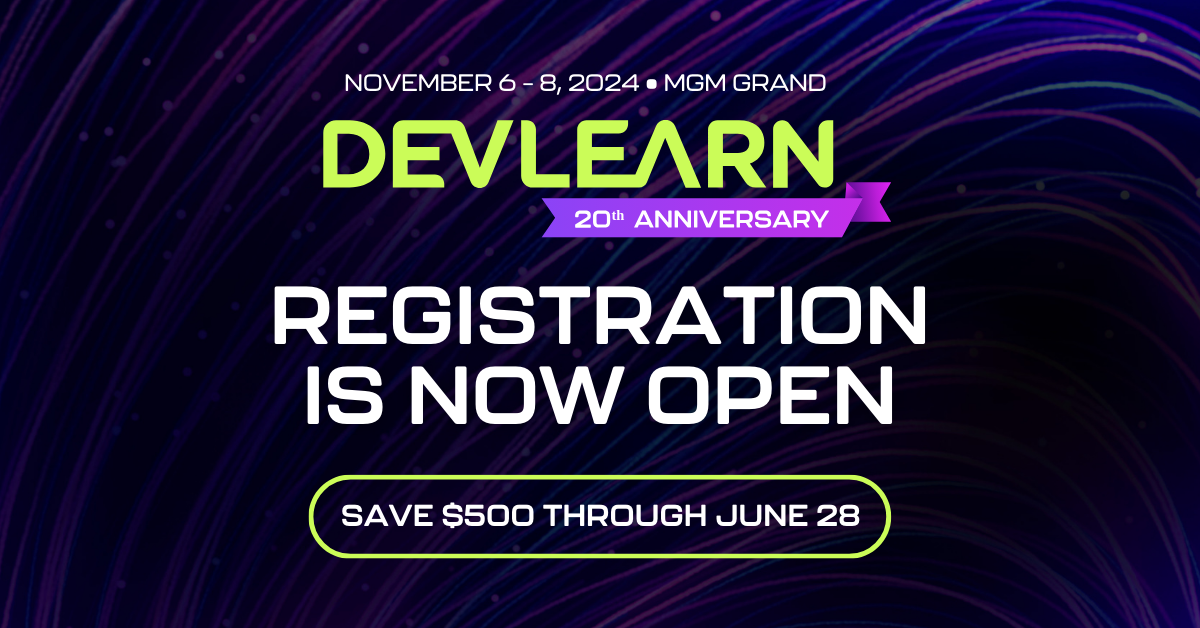I read several articles and blog posts daily as part of my ongoing professional development. Each week, I curate a few of my favorites, including a brief introduction explaining why I find the article valuable and recommend you read it.
Here's a summary of this week's content:
- Insights from Phil Rosenthal on curiosity
- AI enhances xAPI's personalized learning potential
- Debunking the persistent "learning styles" myth
- Examining how immersive learning boosts training effectiveness
- Six cognitive science strategies that can enhance learning outcomes
Learning Through Travel, Curiosity, and Food: Lessons from Phil Rosenthal
This article (by me) reflects on my discussion with Phil Rosenthal, creator of Everybody Loves Raymond and Somebody Feed Phil, as he shares insights on curiosity, diversity, storytelling, humor, and adaptability in learning and development from his keynote at DevLearn 2023.
Is xAPI Still Relevant in an Age of AI?
This article by Peter Turner explores the intersection of xAPI and AI, highlighting how AI can unlock xAPI's potential to provide personalized and powerful learning experiences by transforming complex data into actionable insights.
The Stubborn Myth of “Learning Styles”
The article by William Furey highlights the pervasive issue of the debunked "learning styles" theory in teacher license exams and preparation programs, emphasizing the need for empirical evidence to guide instructional methods for better outcomes from education and training.
The Rise of Immersive Learning
This article by Debbie Richards examines how immersive learning, utilizing technologies like VR and AR, can create a dynamic and flexible training environment that enhances skill development and on-the-job performance while providing critical data insights for continuous improvement.
6 Evidence-Based Instructional Practices Drawn From Cognitive Science
The article by Javier Arguello & Natalie Young provides six practical, research-backed strategies to enhance learning and engagement by leveraging cognitive science principles. These tips can help learning professionals refine their programs for more effective outcomes.



